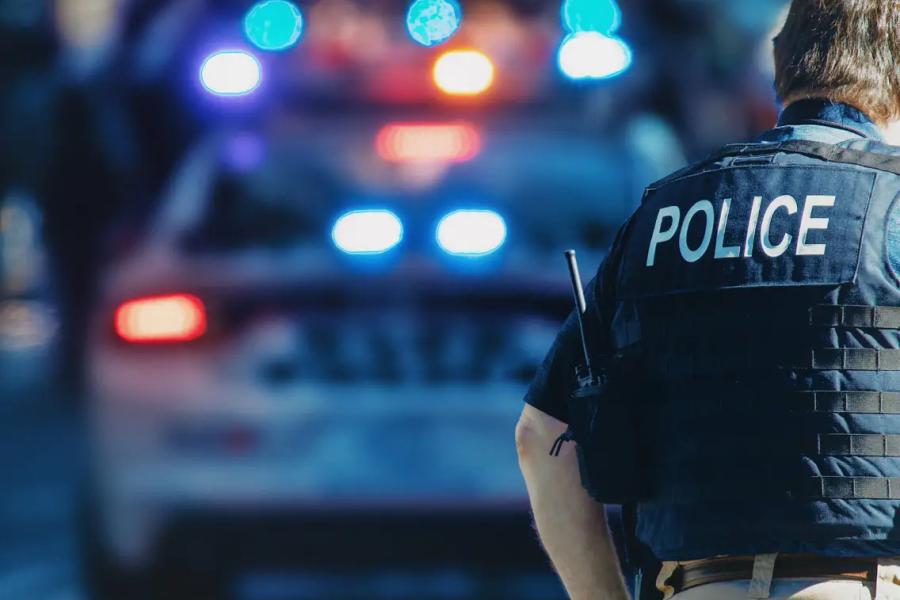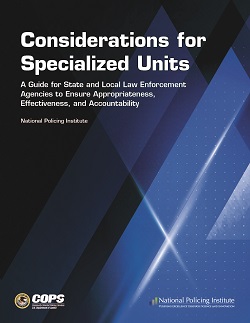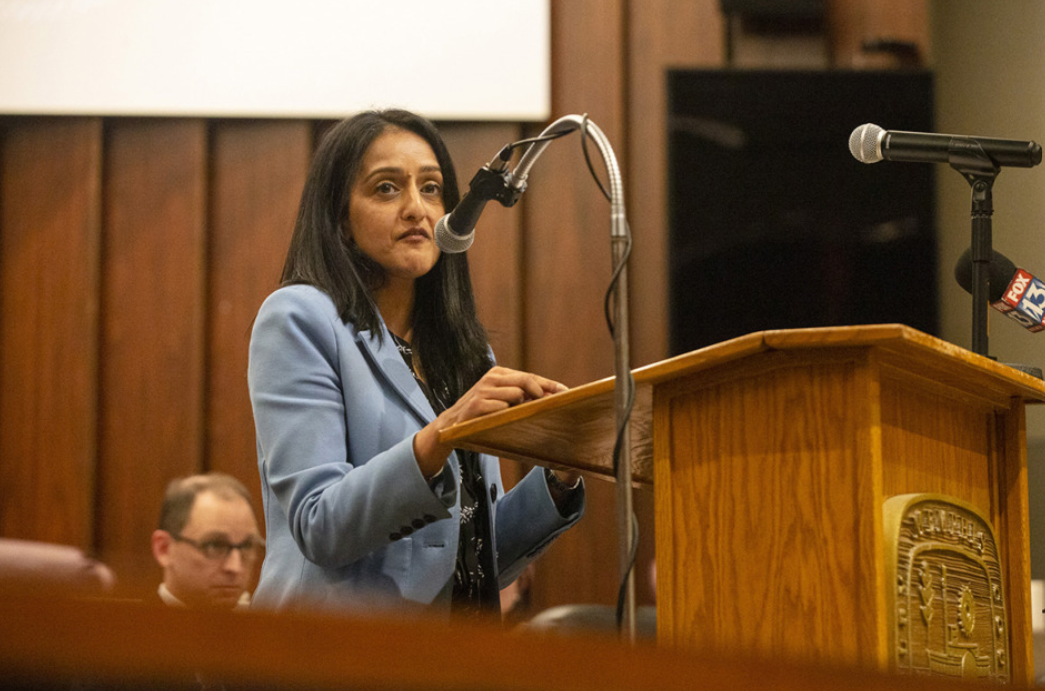DOJ releases new guidelines on policies, practices for specialized policing units

By KATE COIL
TT&C Assistant Editor
The Department of Justice has issued a 72-page guide for state and local law enforcement agencies regarding practices and policies for specialized units, following a review of such units after one was involved in the death of Memphis resident Tyre Nichols.

The report was published on the one-year anniversary of Nichols’ death from injuries sustained during a beating in a traffic stop initiated by five former members of Memphis’ Street Crimes Operation to Restore Peace in Our Neighborhoods (SCORPION) Unit. The unit – which was created in November 2021 to focus on crime suppression, auto theft, and gang activity in “crime hot spots” – was disbanded weeks after Nichols’ death on Jan. 10, 2023.
Titled “Considerations for Specialized Units: A Guide for State and Local Law Enforcement Agencies to Ensure Appropriateness, Effectiveness, and Accountability,” the report was commissioned as part of the DOJ’s review – along with the city of Memphis and Memphis Police Department – of the unit’s actions.
Guidelines from the report include how to conduct the four main stages of creating and operating specialized police units – formation, personnel selection and supervision, management and accountability, and community engagement. The guide also provides solutions for choosing suitable personnel and supervisors, developing performance metrics, risk-reducing policies, and best practices for getting the community to support and feedback on issues specialized units are created to address.
Associate Attorney General Vanita Gupta said the report is to be used by police departments “as they assess the appropriateness of the use of specialized units, and where units are deemed appropriate, ensure the necessary management and oversight of such units to advance effective and just policing practices.”
“After the tragic death of Tyre Nichols and public scrutiny of the SCORPION unit, we made it a priority at the Justice Department to develop a practical resource for law enforcement and community leaders
assessing the use of specialized units in police agencies,” Gupta said. “We hope that police chiefs, mayors and community stakeholders will use the guide when considering whether a specialized unit should be formed to focus on a particular problem, and if formed, how to ensure proper transparency, oversight, accountability and evaluation of such units.”
The guidelines, published by the DOJ’s Office of Community-Oriented Policing Services (COPS), were created after a series of forums held in conjunction with the National Policing Institute (NPI). COPS Director Hugh T. Clements, Jr., said the report called for input from law enforcement agencies and organizations, civil rights organizations, and community-advocacy groups

“This guide is based on input from representatives from law enforcement, the community, academic institutions and advocacy organizations across the country,” Clements said. “I feel confident this guide will help both law enforcement and the communities they serve to demonstrate and uphold the principles of effective, constitutional policing.”
Clements said the report focuses on how to balance the needs for the expertise of specialized police units while still maintaining oversight and adherence to standards and practices for law enforcement.
“Some specialized units handle dangerous problems that pose serious potential and actual harm to communities, and their members do so at considerable personal risk,” Clements said. “Often, they work with a great degree of autonomy— and while that can be important to the tactical security of their mission, there have been too many occasions when specialized units have strayed from the primary mission of law enforcement. When this happens, it harms individuals, communities, and the trust between departments and those they have promised to protect and serve.”
NPI President Jim Birch said that, like other organizations, law enforcement agencies must ensure that the “tool fits the job to be effective” and that the independent way in which specialized units operate may also require them to undergo more scrutiny and supervision that protects both the community and officers themselves.
“While prescriptive guidance is challenging to give at the national level and deference should be given to local community needs and conditions, the guidance offered here is based on the diverse input of many individuals and what we know from research and evaluation,” Birch said. “Our hope is that both agency and community leaders can benefit from this report and the guidance it offers in an effort to support effective, fair, and constitutional policing.”

